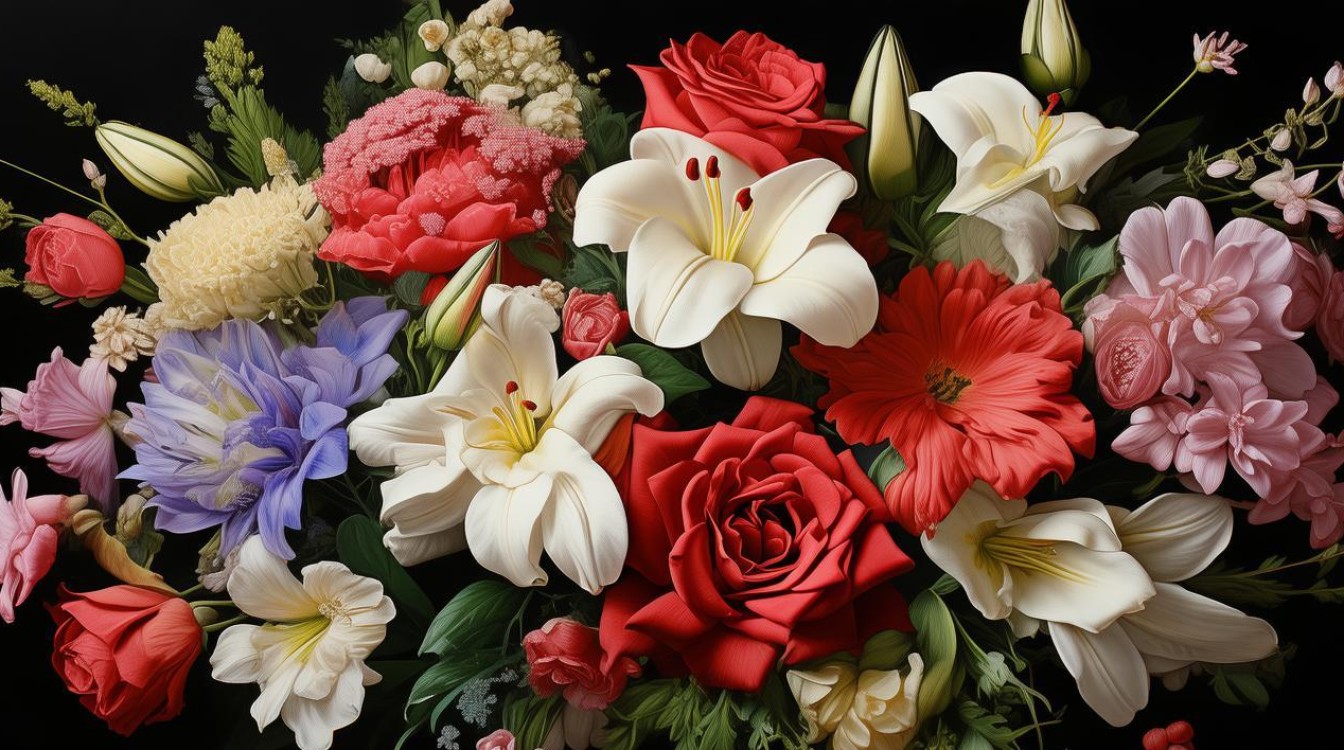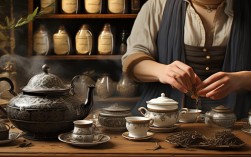Flowers captivate us with their colors, shapes, and fragrances. Whether you're a writer, poet, gardener, or simply an admirer of nature, having a rich vocabulary to describe their beauty enhances appreciation. Here are some of the most exquisite English words to convey the allure of flowers.

Blossom (ˈblɒsəm)
A delicate term often associated with flowering trees like cherry or apple. It suggests freshness and the fleeting nature of beauty.
Example: "The cherry trees burst into pink blossoms every spring."
Petal (ˈpɛtəl)
The soft, colorful parts of a flower. Describing petals can evoke imagery of fragility and elegance.
Example: "The rose’s velvety petals unfurled in the morning light."
Bloom (bluːm)
A versatile word referring to the process of flowering or the flower itself. It implies vitality and natural perfection.
Example: "The garden was in full bloom, a riot of colors under the sun."
Radiant (ˈreɪdiənt)
A word that captures the luminous quality of flowers, as if they glow from within.
Example: "The sunflowers stood tall, their golden faces radiant in the afternoon light."
Lush (lʌʃ)
Describes flowers that are rich, abundant, and thriving with life.
Example: "The hydrangeas formed a lush, blue canopy over the garden path."
Ethereal (ɪˈθɪəriəl)
A dreamy word for flowers that seem almost otherworldly in their beauty.
Example: "The white lilies had an ethereal glow in the moonlight."
Vibrant (ˈvaɪbrənt)
Perfect for flowers with bold, striking colors that command attention.
Example: "The tulips displayed vibrant shades of red, purple, and yellow."

Fragrant (ˈfreɪɡrənt)
A term for flowers with a strong, pleasant scent.
Example: "The jasmine vines filled the air with their fragrant perfume."
Delicate (ˈdɛlɪkət)
Ideal for flowers with fine, intricate structures that seem almost fragile.
Example: "The forget-me-nots were small and delicate, dotting the meadow like tiny blue stars."
Opulent (ˈɒpjʊlənt)
A word for flowers that exude luxury and abundance.
Example: "The peonies were opulent, their layers of petals unfolding in deep pinks and creams."
Whimsical (ˈwɪmzɪkəl)
Describes flowers with playful, unusual shapes or colors.
Example: "The snapdragons had a whimsical charm, their blooms resembling tiny dragon mouths."
Serene (səˈriːn)
A calming word for flowers that evoke peace and tranquility.
Example: "The white daisies gave the garden a serene, untouched beauty."
Majestic (məˈdʒɛstɪk)
For flowers that stand tall and command admiration.
Example: "The calla lilies looked majestic, their sleek stems rising elegantly from the water."
Velvety (ˈvɛlvəti)
Describes petals with a soft, smooth texture.
Example: "The dark red roses had velvety petals that felt luxurious to the touch."

Dainty (ˈdeɪnti)
A word for small, pretty flowers with a refined appearance.
Example: "The baby’s breath added dainty white accents to the bouquet."
Resplendent (rɪˈsplɛndənt)
A grand term for flowers that shine brilliantly.
Example: "The marigolds were resplendent, their fiery orange hues lighting up the garden."
Enchanting (ɪnˈtʃɑːntɪŋ)
For flowers that seem to cast a magical spell.
Example: "The lavender fields were enchanting, their purple waves stretching to the horizon."
Exquisite (ɪkˈskwɪzɪt)
A word for flowers of rare and refined beauty.
Example: "The orchids were exquisite, their intricate patterns resembling works of art."
Gossamer (ˈɡɒsəmə)
A poetic term for flowers with a delicate, almost translucent quality.
Example: "The poppies had gossamer petals that trembled in the breeze."
Celestial (səˈlɛstiəl)
For flowers that seem heavenly or divine.
Example: "The white magnolias looked almost celestial against the dark green leaves."
Verdant (ˈvɜːdənt)
Though often describing greenery, it can enhance descriptions of flowers surrounded by lush foliage.
Example: "The bluebells thrived in the verdant shade of the forest."

Iridescent (ˌɪrɪˈdɛsənt)
For flowers with shimmering, rainbow-like colors.
Example: "The tulip petals had an iridescent sheen under the morning dew."
Captivating (ˈkæptɪveɪtɪŋ)
A word for flowers that irresistibly draw attention.
Example: "The passionflowers were captivating, their intricate purple-and-white patterns mesmerizing."
Dew-kissed (ˈduːkɪst)
A romantic way to describe flowers glistening with morning dew.
Example: "The roses were dew-kissed, each droplet catching the first light of day."
Timeless (ˈtaɪmləs)
For flowers whose beauty never fades in perception.
Example: "The classic beauty of a red rose is timeless, forever symbolizing love."
Using these words can transform simple descriptions into vivid, sensory experiences. Whether writing poetry, crafting garden notes, or simply admiring nature, this vocabulary helps articulate the breathtaking charm of flowers.
Flowers are nature’s poetry, and with the right words, their beauty becomes even more profound.



